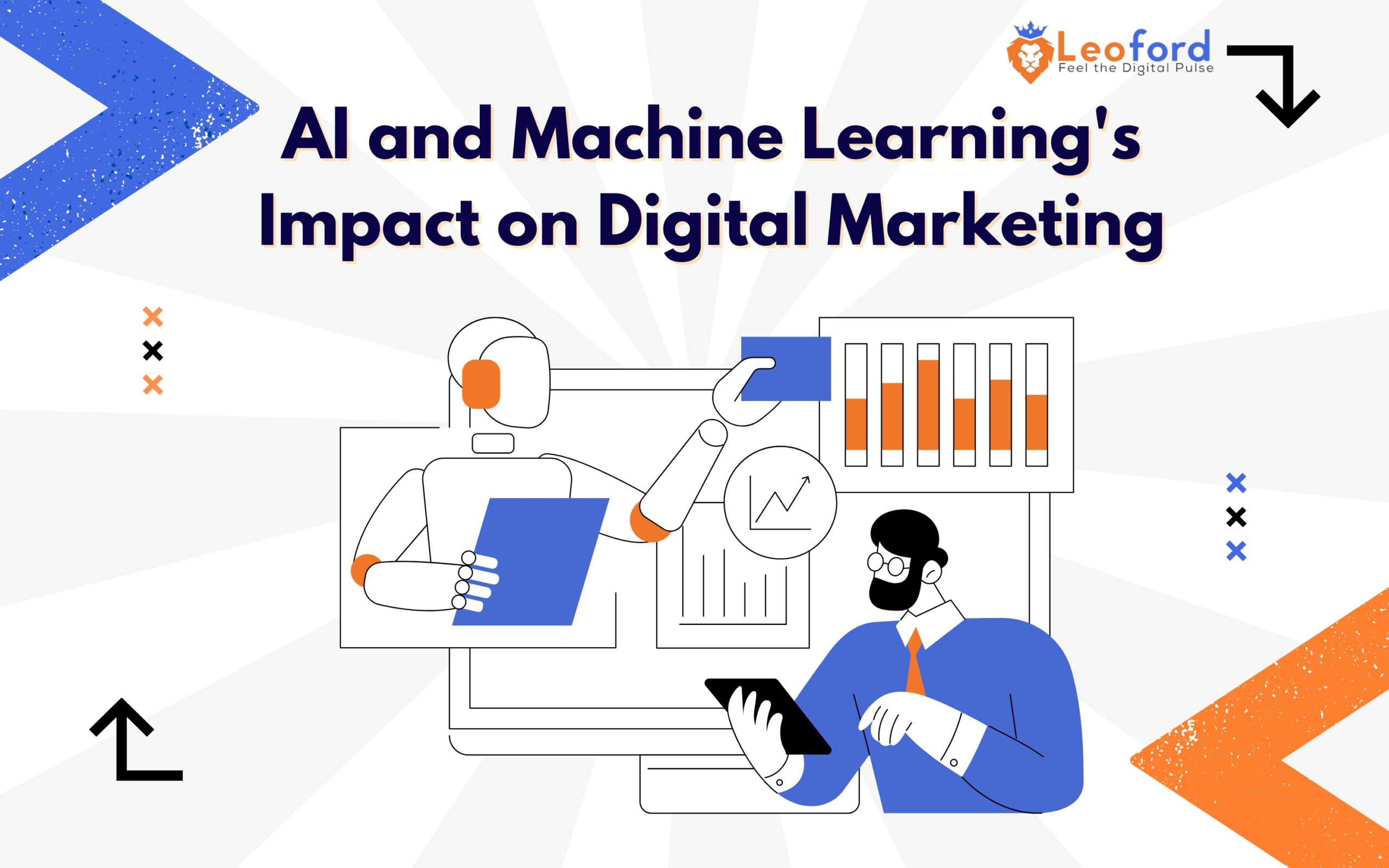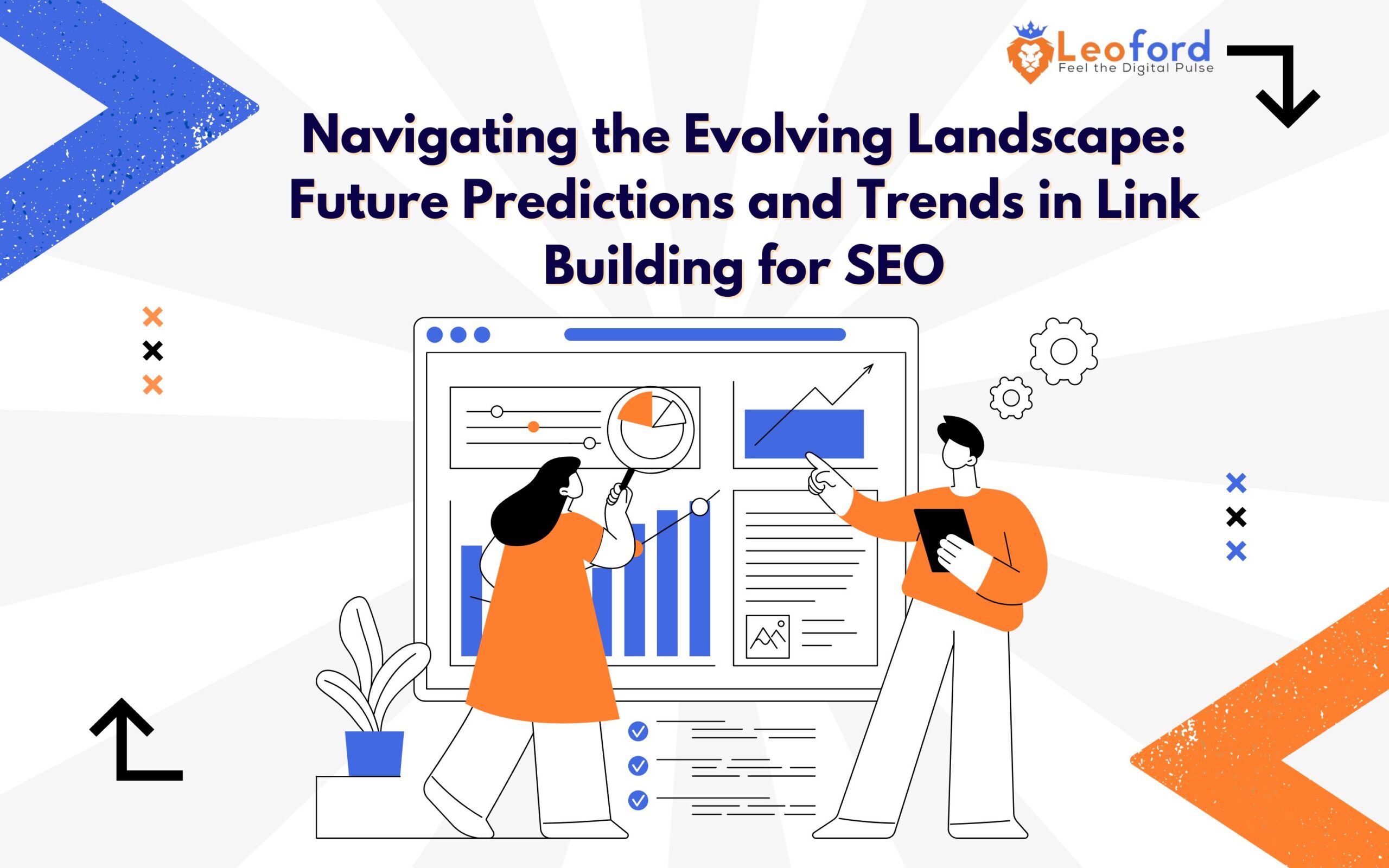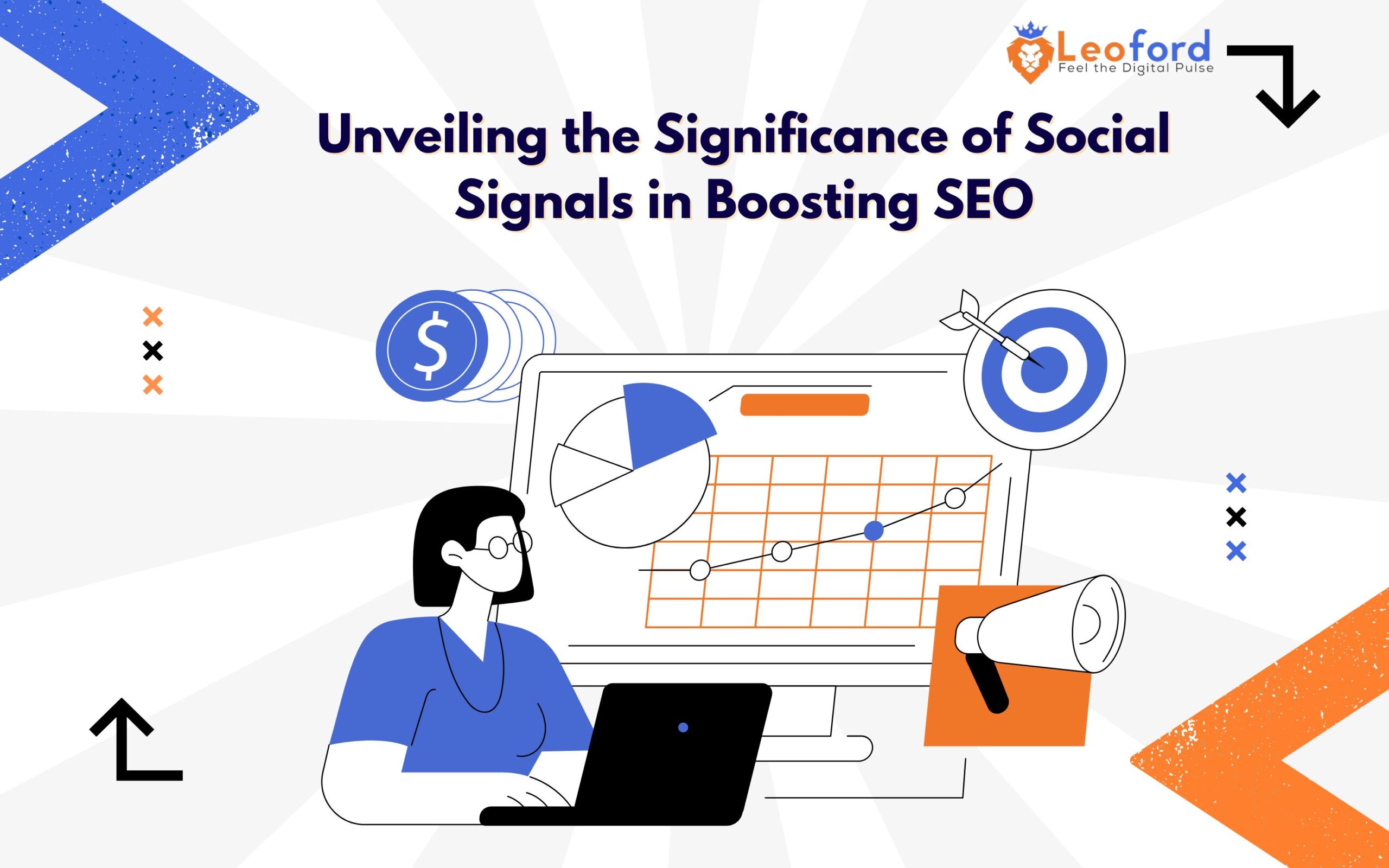Introduction:
In the contemporary landscape, the evolution of technology, particularly Artificial Intelligence (AI) and Machine Learning (ML), has revolutionized digital marketing. These advancements offer businesses unparalleled opportunities to enhance their marketing strategies and connect with a broader audience. As AI continues to shape the digital marketing landscape, understanding its various types and applications becomes crucial for businesses striving to stay ahead.
Types of Artificial Intelligence:
Artificial Intelligence encompasses various technologies, each serving distinct purposes in the digital realm. Understanding these types is essential for harnessing the full potential of AI:
1. Artificial Narrow or Weak Intelligence:
- Designed for specific tasks, lacking autonomy beyond predefined scopes.
- Exhibits high accuracy within its designated domain.
2. Artificial General Intelligence:
- Possesses varied intelligence levels, capable of understanding, learning, and applying knowledge across diverse sectors.
- Mimics human cognitive abilities, performing intellectual tasks.
3. Artificial Super Intelligence:
- Surpasses human Intelligence, excelling in tasks beyond human capabilities.
- Holds massive potential for outperforming humans across intellectual domains.
Impact of AI and Machine Learning in Digital Marketing:
1. Chat-bots:
- Chat-bots, simulating human conversations, have become integral in customer service and engagement.
- Advanced models like Google’s Bard contribute to sophisticated marketing tasks, such as article writing and document translation.
2. Predictive and Targeted Content:
- AI and ML analyze customer data to predict future behaviors and preferences.
- Enables targeted content creation, optimizing marketing strategies for enhanced customer engagement.
3. Semantic Search:
- Utilizes AI and ML to conduct semantic searches, providing quicker and more contextually relevant results.
- Factors in user intent, contextual relevance, and employs algorithms to decipher relationships between phrases and words.
4. Ad Targeting:
- AI and ML contribute to personalize Ad targeting based on user interests, preferences, and demographics.
- Platforms like Google Ad use these technologies to deliver Ads tailored to individual attributes, including search history and previous purchases.
5. Voice Search:
- The surge in voice search usage necessitates optimization for voice-friendly keywords.
- Google algorithms, boasting over 95% accuracy in understanding human language, facilitate efficient voice-based digital marketing
Conclusion:
The infusion of AI and Machine Learning into digital marketing signifies a paradigm shift, offering businesses innovative tools to enhance their strategies. From personalized Ad targeting to semantic searches and voice-friendly content optimization, these technologies reshape the way brands connect with their audiences. Staying abreast of these advancements is imperative for businesses looking to thrive in the ever-evolving digital landscape. As AI continues to unfold new possibilities, embracing these technologies will be instrumental in shaping the future of digital marketing.





